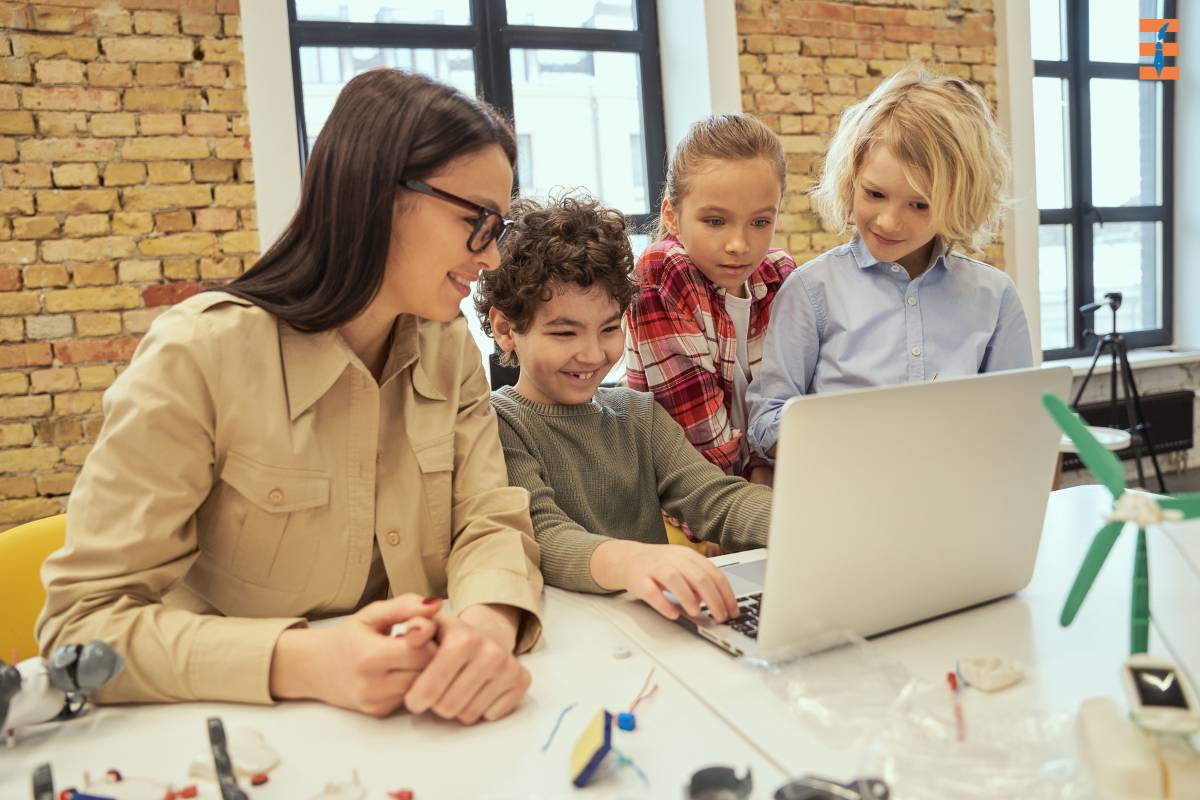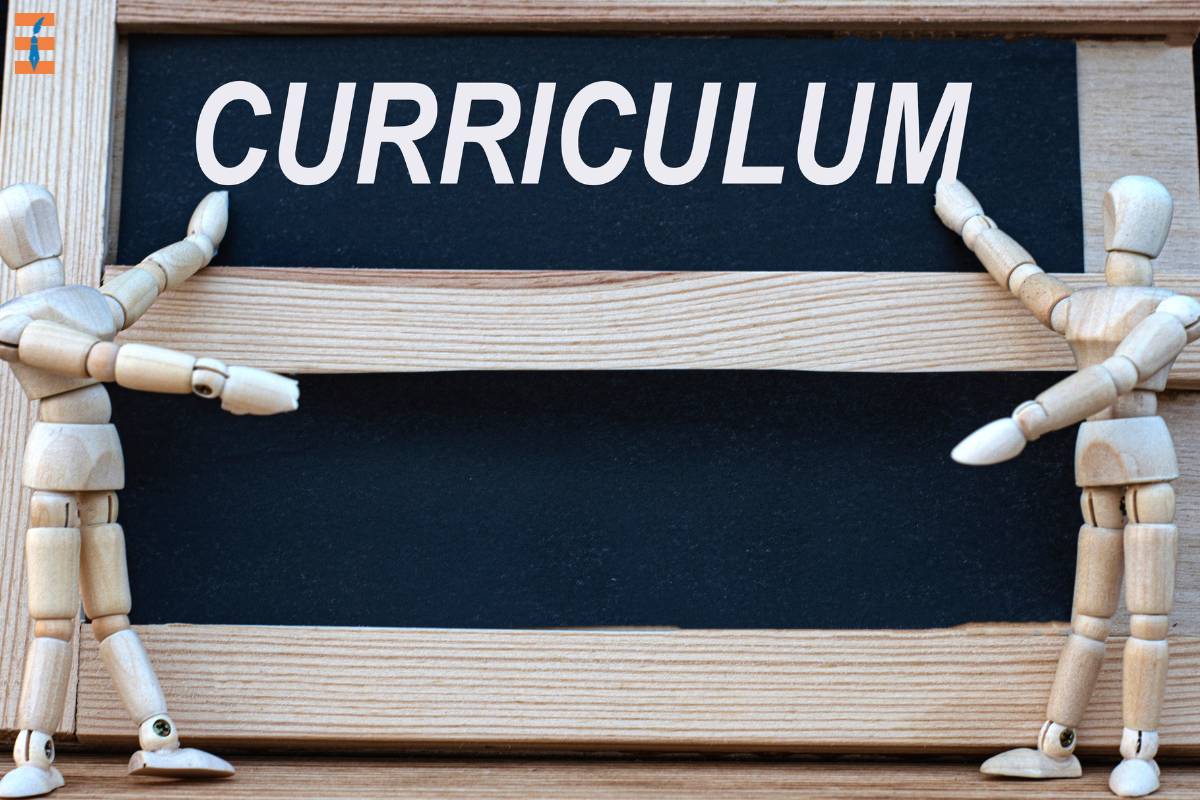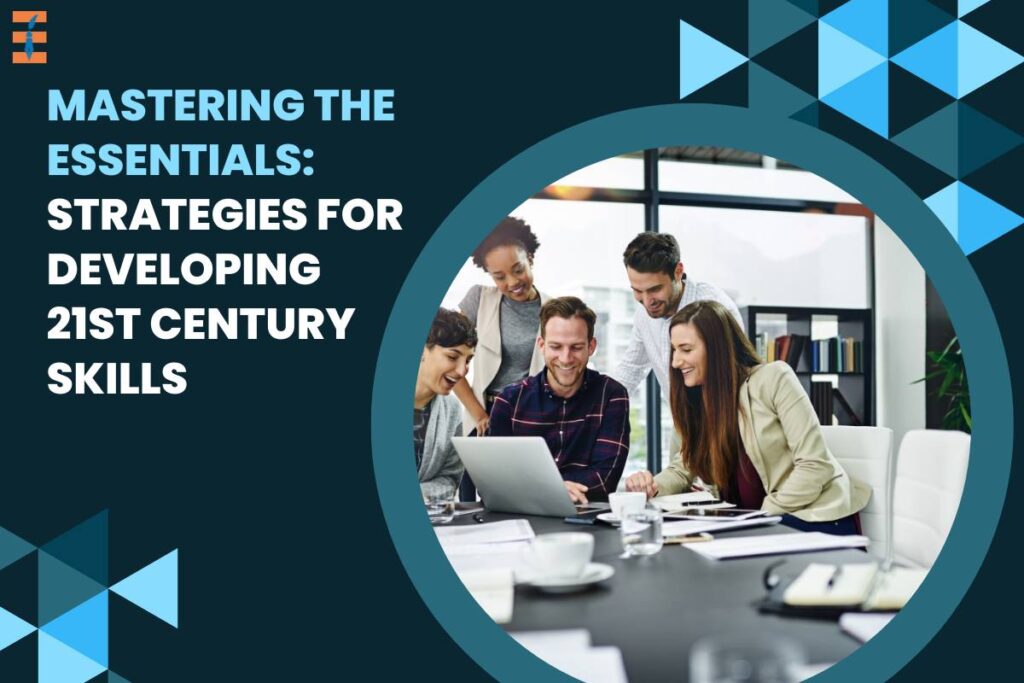In the continuously changing context of today, academic success and expertise in a particular area are not the only marks for success anymore. The value of these remains, but broader skills, popularly referred to as 21st century skills, are becoming more prominent. These capabilities allow individuals to cope with difficulties in a universe plagued by quick transformations, global interconnections, and the onward march of technology. This paper defines the factors that constitute modern skills, explains their significance in various spheres of life, and tells us how these competencies can be improved among people.
Understanding 21st Century Skills
1. Core Competencies
- Critical Thinking: The ability to analyze information, evaluate arguments, and make informed decisions is at the core of critical thinking. In a world inundated with data, critical thinking skills are essential for problem-solving and innovation.
- Creativity: Fostering creativity involves thinking outside the box, generating novel ideas, and approaching challenges with an open mind. Creative individuals are adept at finding innovative solutions and driving progress across diverse fields.
- Communication: Effective communication spans verbal, written, and nonverbal forms of expression. Clear and concise communication skills facilitate collaboration, negotiation, and building meaningful relationships.
- Collaboration: Collaboration entails working harmoniously with others towards shared goals. Successful collaboration requires strong interpersonal skills, teamwork, and adaptability in diverse group settings.
2. Digital Literacy

- Information Literacy: The ability to locate, evaluate, and use information effectively from digital sources is crucial in the digital age. Information literacy skills enable individuals to discern credible information from misinformation or bias.
- Media Literacy: Understanding media formats, analyzing media messages critically, and navigating digital platforms responsibly are key aspects of media literacy. This skill is vital for consuming media mindfully and participating in informed civic discourse.
- Technological Proficiency: Proficiency in using digital tools, software, and platforms is a fundamental requirement in the 21st century skills. Technological skills empower individuals to adapt to evolving technologies and leverage them for productivity and innovation.
3. Life and Career Skills
- Adaptability: The ability to embrace change, learn new skills, and navigate uncertain situations is crucial for personal and professional growth. Adaptability enables individuals to thrive in dynamic environments and seize opportunities.
- Global Citizenship: Developing an awareness of global issues, cultural competence, and ethical decision-making contributes to responsible global citizenship. Engaging with diverse perspectives fosters empathy, collaboration, and a sense of social responsibility.
- Entrepreneurship: Entrepreneurial skills such as initiative, resilience, risk-taking, and resourcefulness are valuable in pursuing entrepreneurial ventures or contributing innovatively within established organizations.
Significance of 21st Century Skills
1. Education
Incorporating 21st century skills into education equips students with the competencies needed for lifelong learning and success in the workforce. Project-based learning, interdisciplinary approaches, and technology integration foster skill development alongside academic knowledge.
2. Workforce Development
Employers increasingly value 21st century skills such as problem-solving, communication, and teamwork. These skills complement technical expertise and enhance employability in diverse industries and roles.
3. Innovation and Entrepreneurship
Creative thinking, collaboration, and adaptability are essential for driving innovation and entrepreneurial success. Individuals with strong 21st century skillst century skills contribute to problem-solving, product development, and market disruption.
4. Global Citizenship

In an interconnected world, global awareness, cultural competence, and ethical decision-making promote cross-cultural understanding, social cohesion, and sustainable development efforts.
Nurturing 21st Century Skills
1. Education Reforms
- Curriculum Integration: Designing interdisciplinary curriculum frameworks that incorporate project-based learning, problem-solving activities, and real-world applications promotes holistic skill development.
- Technology Integration: Leveraging educational technologies and digital resources enhances digital literacy, creativity, and collaboration among students.

2. Experiential Learning
- Internships and Apprenticeships: Providing opportunities for real-world experiences, mentorship, and hands-on learning cultivates critical thinking, communication, and career readiness skills.
- Service Learning: Engaging students in community service projects fosters empathy, social responsibility, and civic engagement while honing collaboration and leadership skills.
3. Professional Development
- Soft Skills Training: Offering workshops, seminars, and coaching sessions focused on communication, teamwork, and leadership skills benefits professionals at all career stages.
- Cross-functional Projects: Encouraging cross-departmental collaborations and diverse team projects within organizations nurtures creativity, innovation, and adaptive thinking among employees.
4. Lifelong Learning Initiatives
- Continuous Education: Promoting a culture of lifelong learning through online courses, professional certifications, and learning communities enables individuals to stay relevant, adapt to industry changes, and upskill in emerging areas.
- Learning Networks: Participating in networking events, industry conferences, and online forums facilitates knowledge sharing, collaboration, and exposure to diverse perspectives and ideas.
Conclusion
In conclusion, 21st century skills are indispensable for success in today’s dynamic and interconnected world. By nurturing critical thinking, creativity, communication, collaboration, digital literacy, adaptability, global citizenship, and entrepreneurship, individuals can thrive academically, professionally, and personally. Educational institutions, employers, and lifelong learning advocates play pivotal roles in fostering these essential skills through innovative pedagogies, experiential learning opportunities, professional development initiatives, and ongoing learning support. Embracing and developing these skills not only empowers individuals but also contributes to building resilient, innovative, and globally conscious communities and societies.
Also Read: 21st Century Teaching Methods Transforming Education










